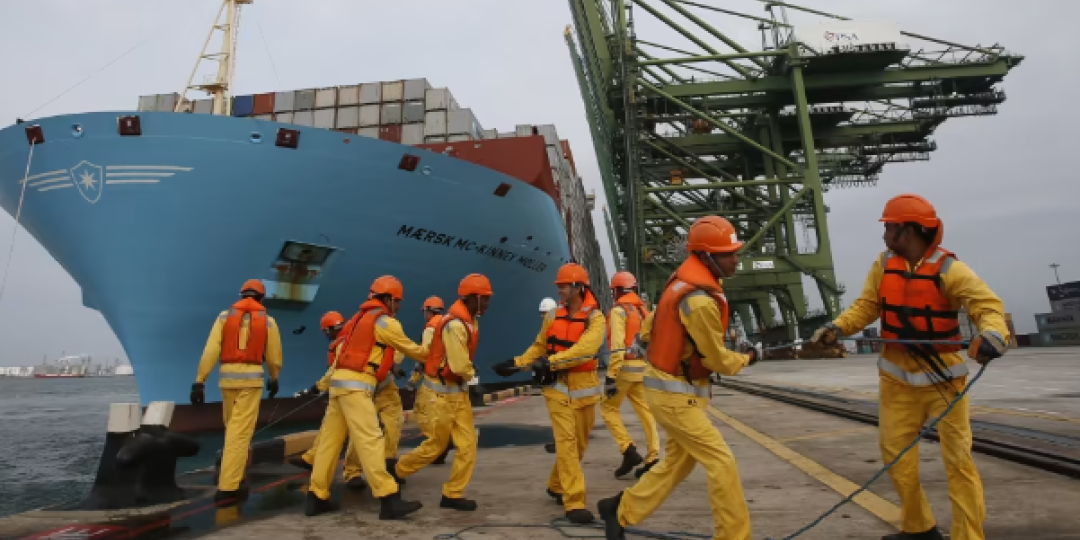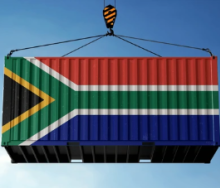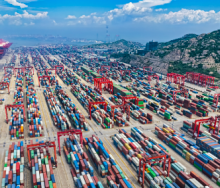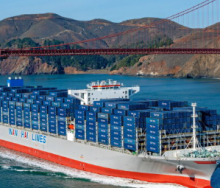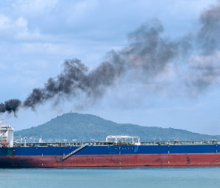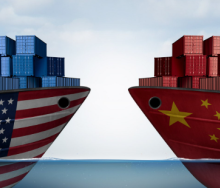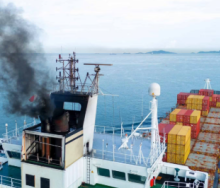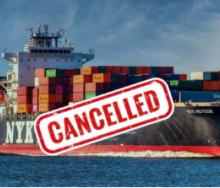Seafarers’ unions have won landmark commitments to a Just Transition for the world’s maritime workforce as part of the International Maritime Organization’s decision to adopt its Revised Greenhouse Gas Reduction Strategy.
Under the new strategy, the IMO will need to review seafarer training instruments and guidance and ensure that all new zero, or near-zero, emissions technologies are safe for maritime workers and all affected communities.
The International Transport Workers’ Federation (ITF) has welcomed the news as a major win for workers.
“This is an historic recognition by the IMO of the importance of seafarers, and of their health and safety needs,” said ITF seafarers’ section chair, Dave Heindel.
“With this revised strategy, the IMO is saying that seafarers have a critical role to play in shipping meeting the decarbonisation challenge,” said Heindel.
“The IMO has acknowledged it will only be possible to decarbonise shipping with the active efforts of a well-trained, and well-protected maritime workforce, and that is absolutely correct.”
Dealing with the climate crisis fundamentally means engaging the workforce, a central pillar of the ‘human element’ the IMO has focused on in recent years. “We are very pleased to see the centrality of workers explicitly recognised in this strategy, which will have far-reaching impacts for years to come,” he added.
The adoption of the Revised Greenhouse Gas Reduction Strategy also means the introduction of updated targets to cut overall emissions in the shipping sector. They chart the shipping sector to reach net zero ‘by or around 2050’, with interim targets of at least 20% (striving for 30%) by 2030, and 70% (striving for 80%) by 2040.
ITF General Secretary Stephen Cotton said full implementation of these targets was crucial, otherwise shipping risks would fall behind the progress being made in other transport sectors.
“The new targets show increased ambition, and we welcome that,” he said. “But even these new targets don’t measure up to the Paris Agreement and its temperature goals. Every sector has to be aiming for Paris, to climate-proof our jobs and our planet. So it’s crucial that these new goals are fully delivered.”
Researchers have estimated the new IMO strategy requires a per-ship pollution reduction by up to 60% by 2030, “and as much as 91% by 2040”. “The days of fossil-fuelled ships are numbered,” they predict.
Just Transition calls for workers and their communities to be treated humanely during periods of technological and economic change. It is also about supporting these same workers and communities to play an active role in shaping and leading these changes.
